The art of culinary is inseparable from the art of the cook. Cooking a dish comes down to a number of sequential processes. But even the most accurate implementation of the recipe, product layout, cooking technology does not guarantee complete success in the fact that the dish is completely to your taste. Only the talent of the cook, his delicate and professional approach will give the final positive result to the finished product. The chef tries the dish at all stages of cooking, adjusts the process, and eliminates shortcomings. The chef’s skill is manifested in the smallest details, he can, with the help of a small proportion of seasonings, give a unique taste to the dish and complete the culinary process with success. In addition, each chef has his own secret ingredients, by which it is easy to determine the work of a master, each chef has his own “handwriting”.
To achieve high skill, as in any form of art, requires a lot of work and time. The culinary specialist daily polishes his skills, deeply studies the possibilities of this or that product, experiments with heat treatment, and a variety of seasonings, and with combinations of ingredients.
Chefs find the most challenging issue for them is the use of edible fats. Fat is of great importance for the taste of a dish, its nutritional value and its price, especially for the catering economy. The fat content of foods should be adjusted wisely. Lack of fat will affect the taste of the dish, and excess will harm your health. The quality and type of fat are also important, because the taste of a dish depends entirely on what fat it is cooked on. The chef must be free to understand different types of fats, to take into account the advantages and disadvantages of each, to know the peculiarities of their use in cooking in order to get the most worthy dish.
In addition to fats, the use of spices and seasonings is also important. They must be strictly dosed, otherwise it is easy to ruin the dish. No product requires as much care, skill and knowledge as the introduction of spices and seasonings. The chef knows that the more aromatic and appetizing the product itself, the less spices it needs. If the products contain natural acid, including sauerkraut, tomato puree, fresh tomatoes, cherry plums, plums, sour apples, dry grape wine, the less vinegar should be used or completely abandoned. Carefully add salt to dishes containing salted mushrooms, capers, olives, bacon, brisket, etc. If they additionally contain salt, then in small doses.
There are no trifles in cooking; it requires precision, cleanliness, order and diligence. Any inaccuracy, oversight can ruin the dish, and it is not always possible to correct this mistake. For example, when brewing tea, the chef used a spoon with a foreign smell, this smell will pass into tea, since the tea is susceptible to other people’s smells.
The finished dish should be stored for several minutes; over a longer time, it will lose its taste and aroma. Meat fried in portions, natural or stuffed poultry or game cutlets, and many other dishes taste best within minutes of cooking. Serving temperature is also of great importance: do not serve too hot or too cold. Cold borscht and hot compote are equally tasteless.
The consumer should like the dish not only with its taste, smell, but also with its appearance and appetizing. Table decoration, a clean tablecloth, sparkling cutlery are a must for a pleasant meal.

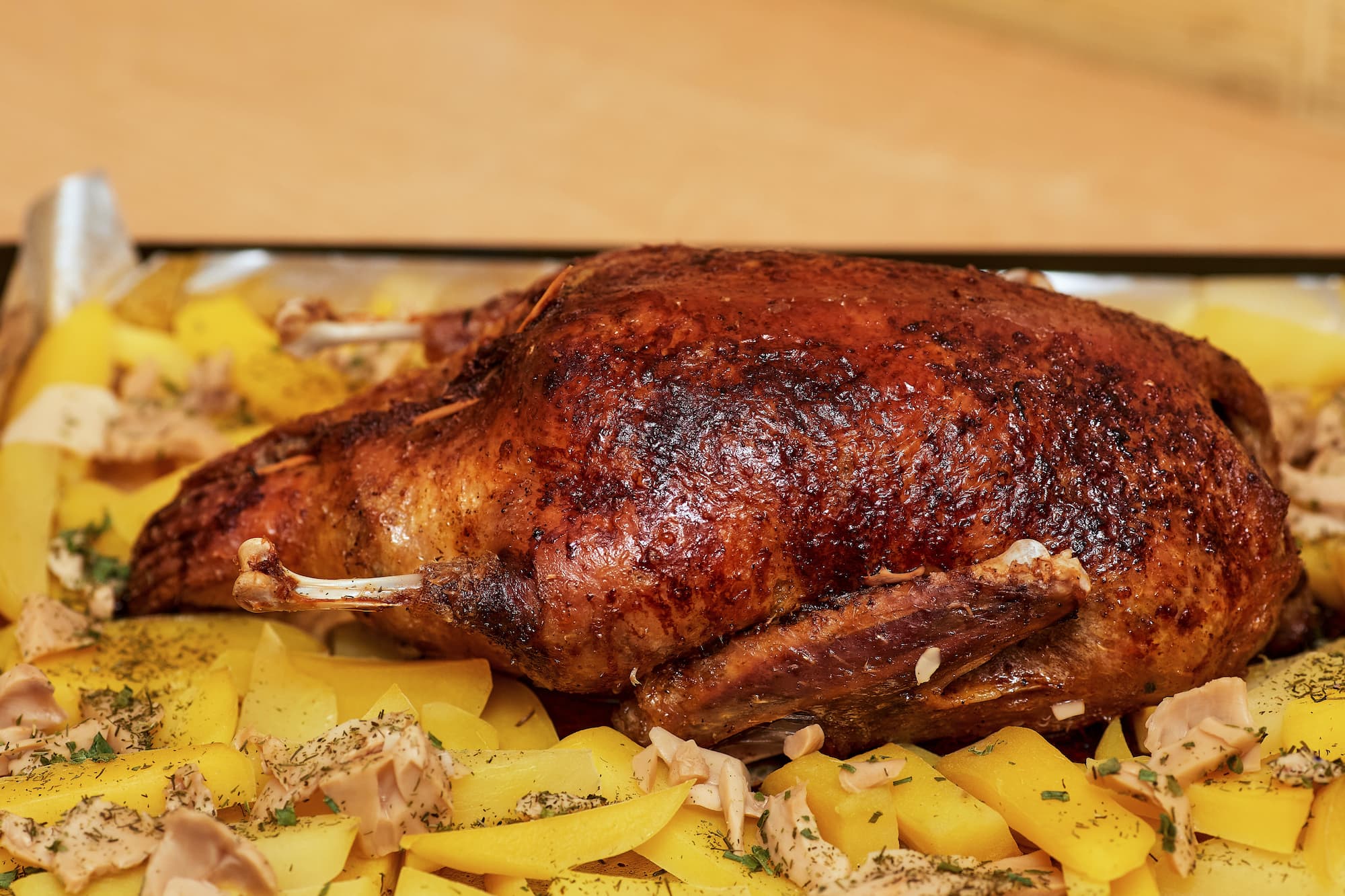
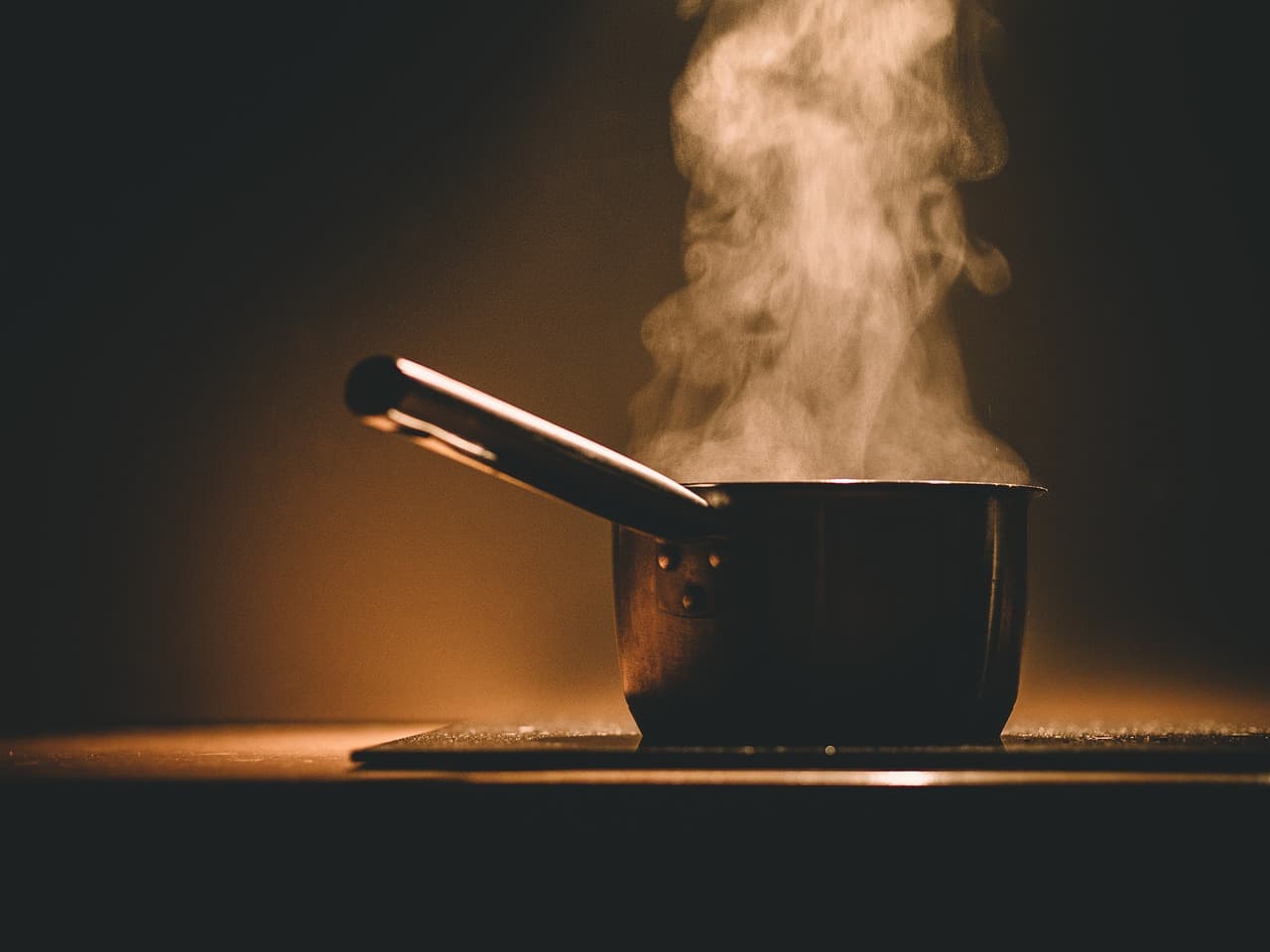



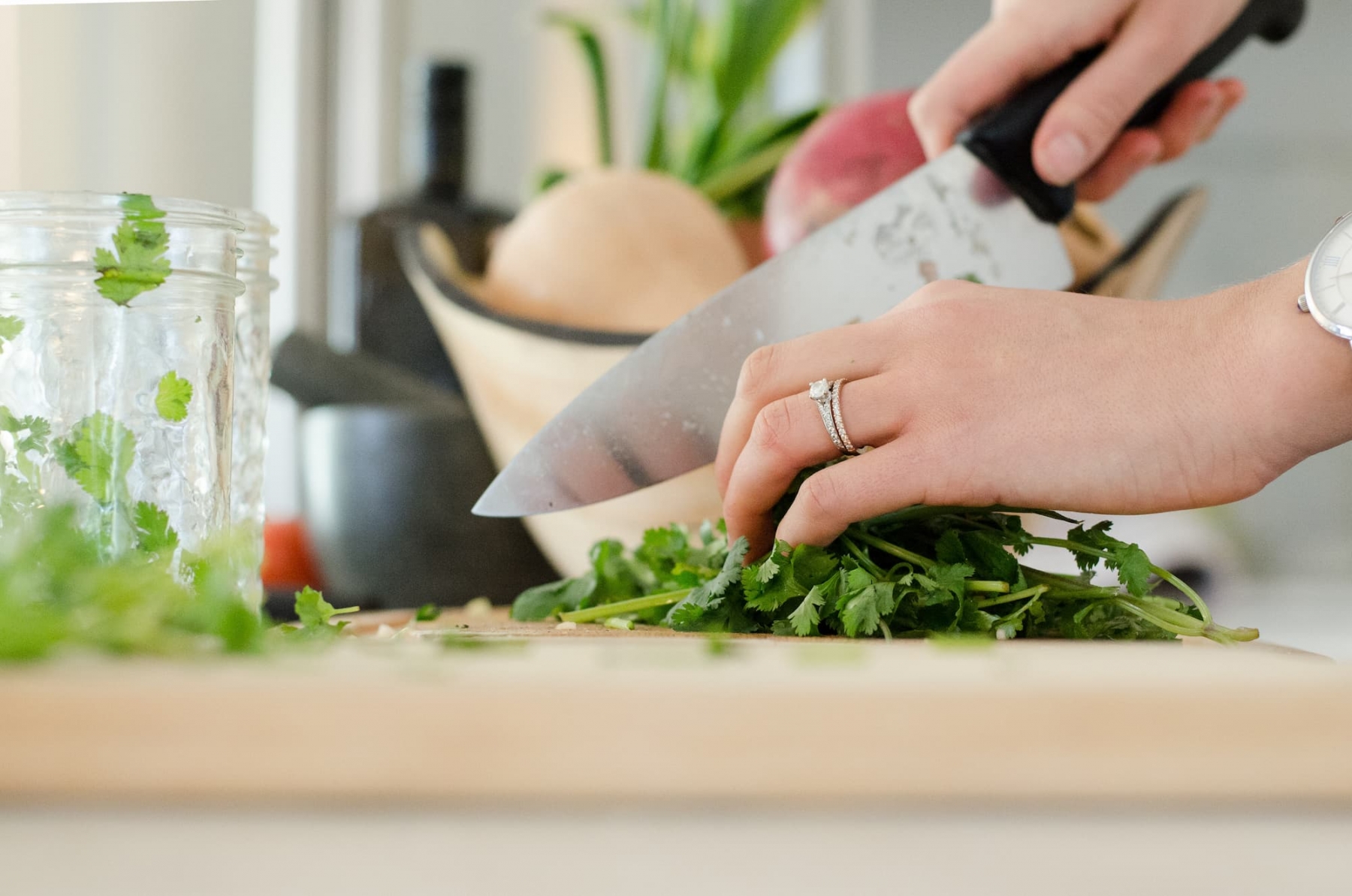
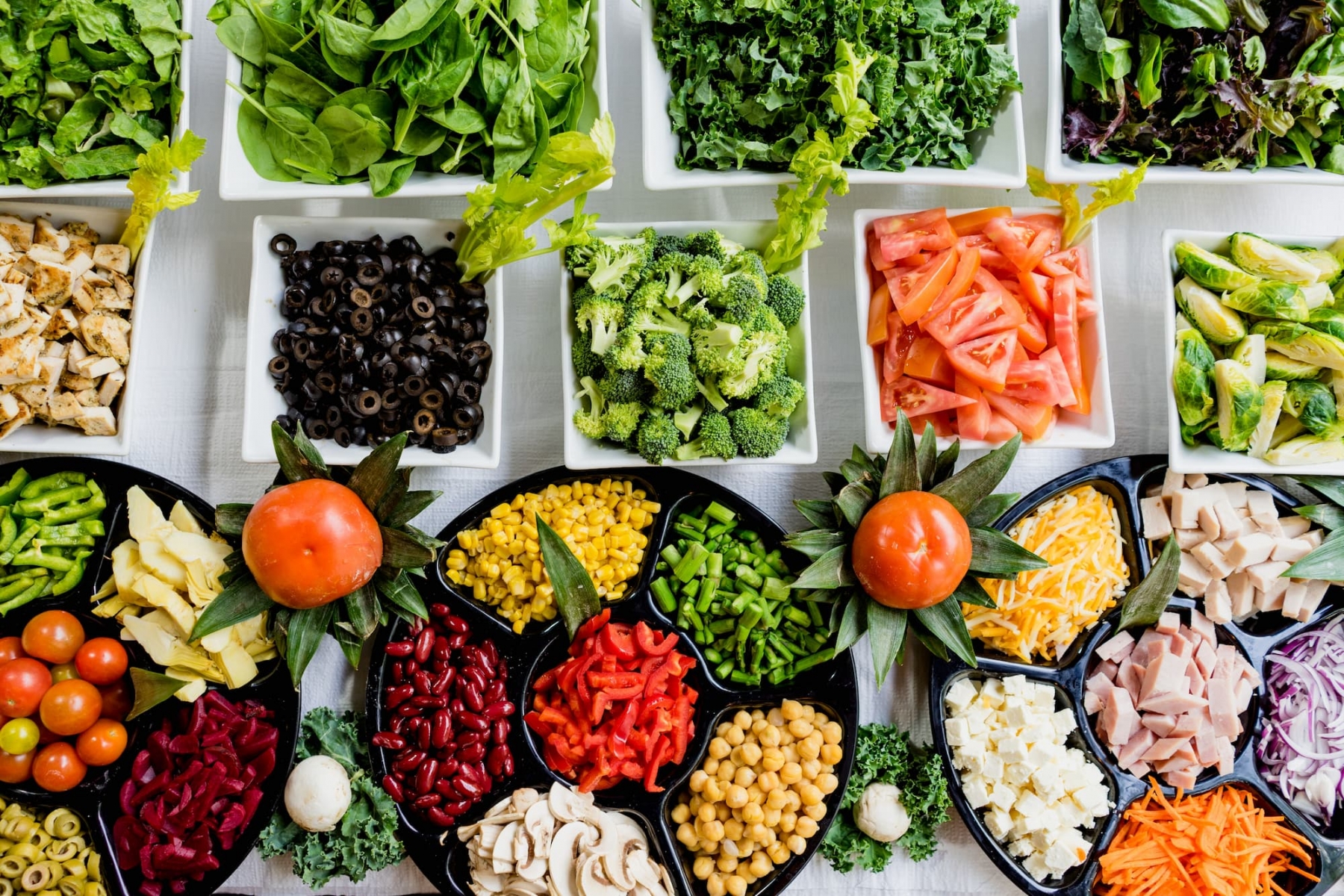
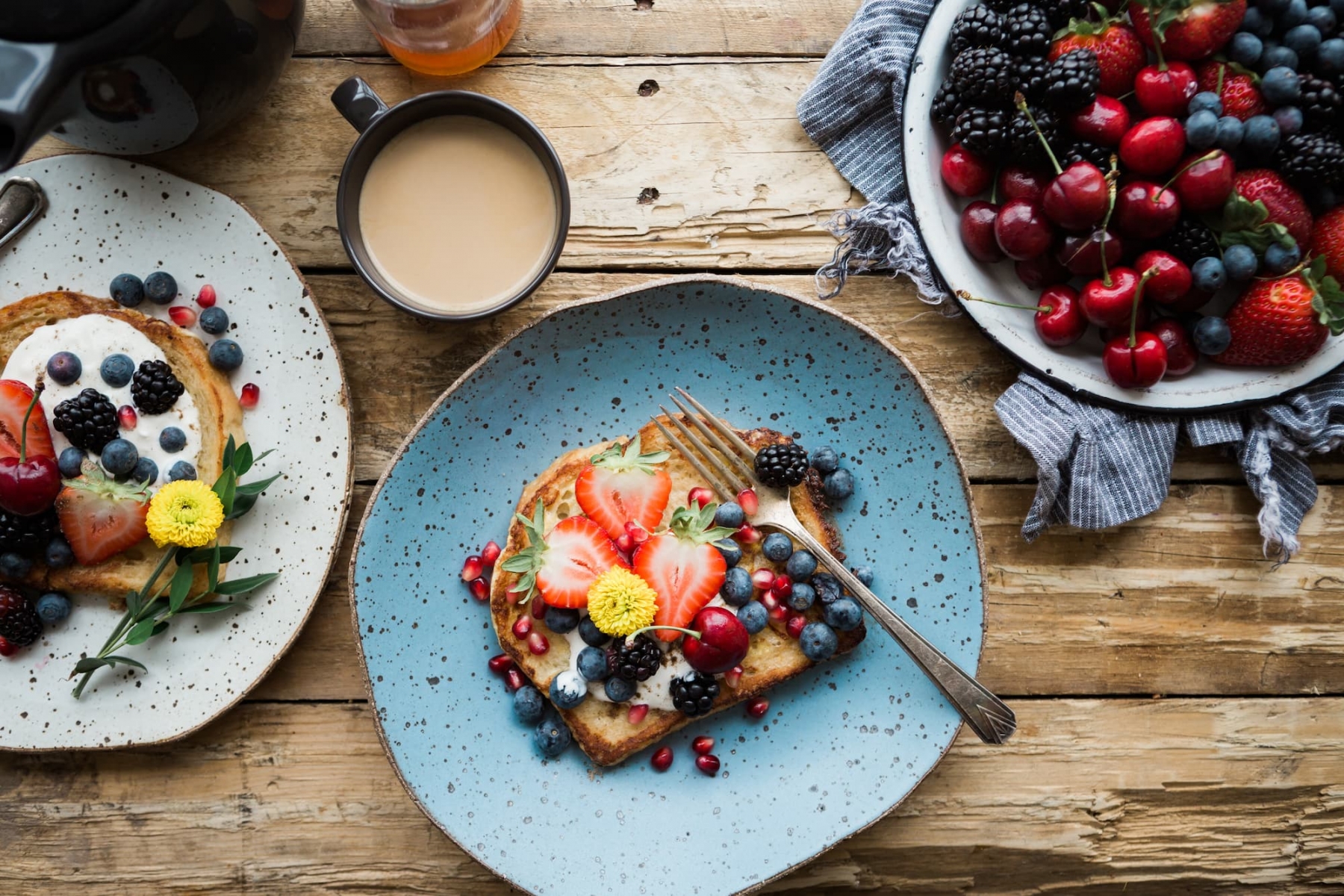
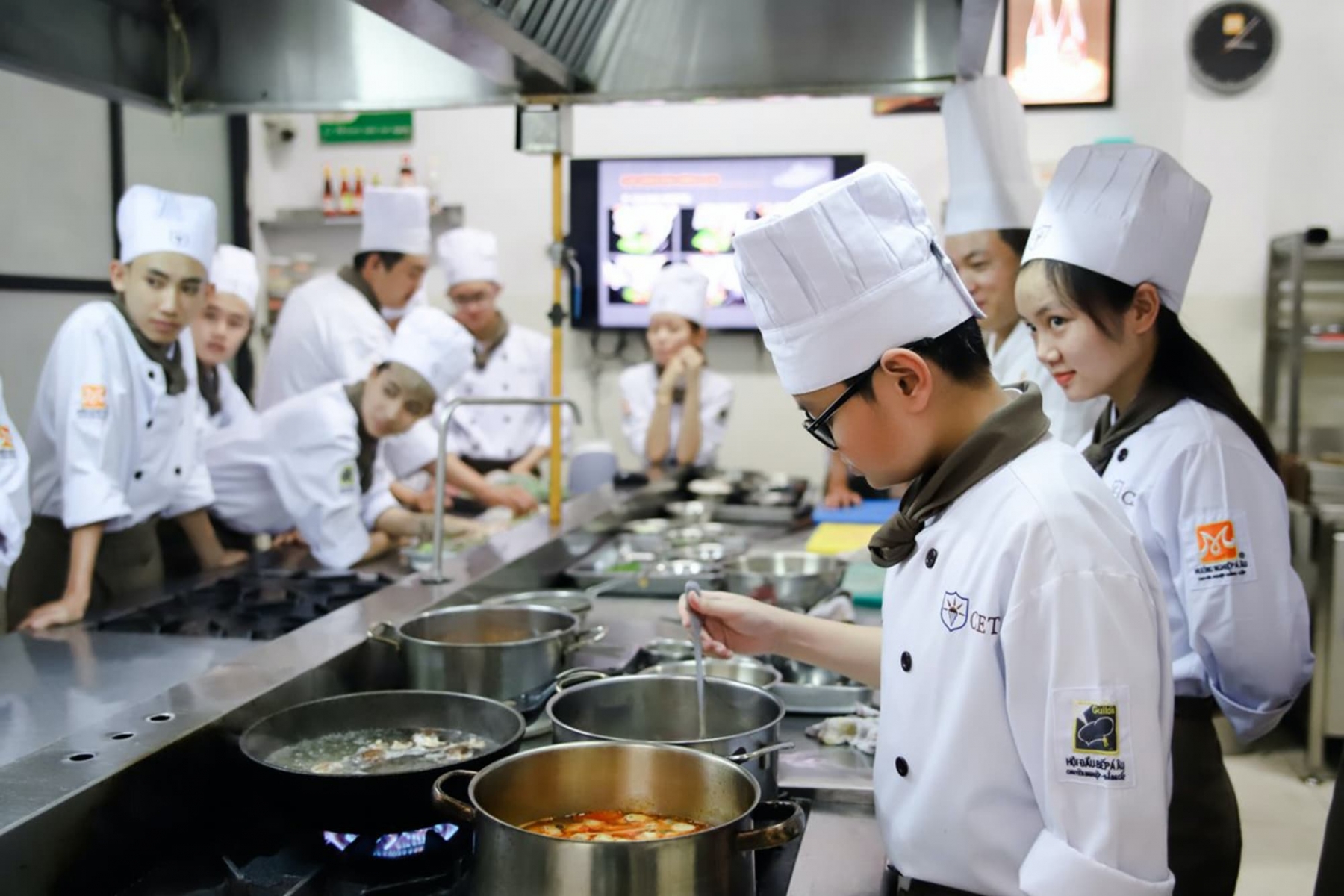

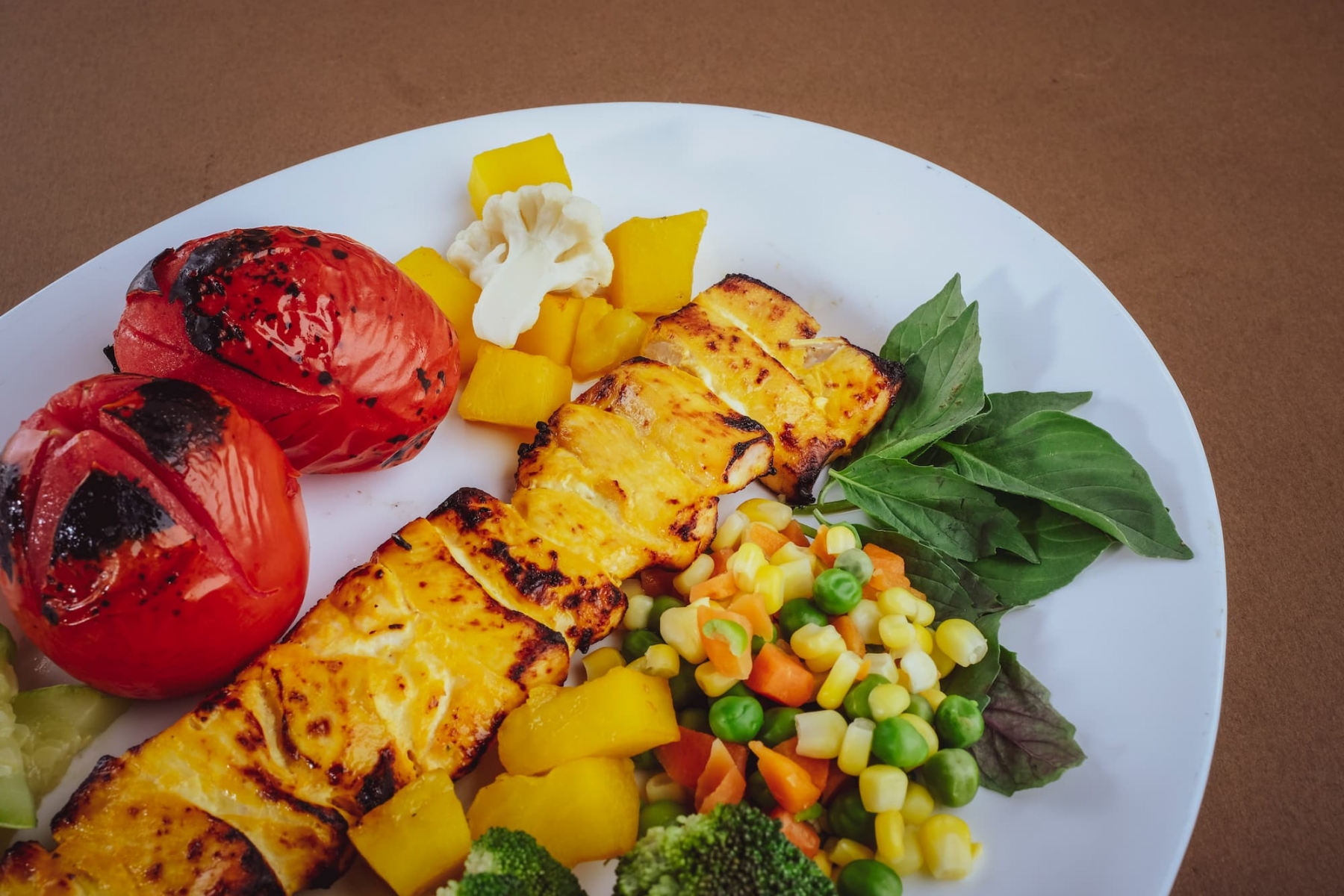

2021-07-08 at 1:29 PMGreat blog for lovers of cooking, or beginners. Here are some helpful tips on how to prepare and store food. There are both simpler and more complex recipes. Everything is written very easily.